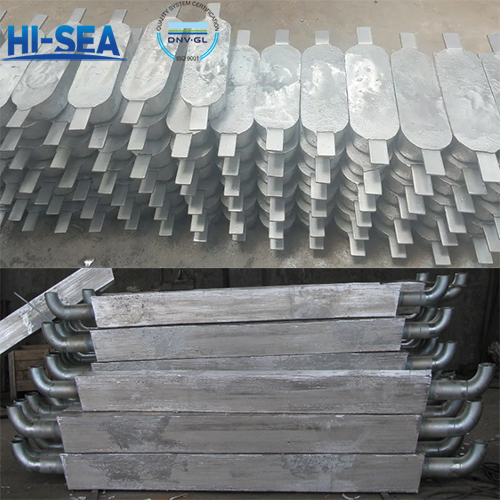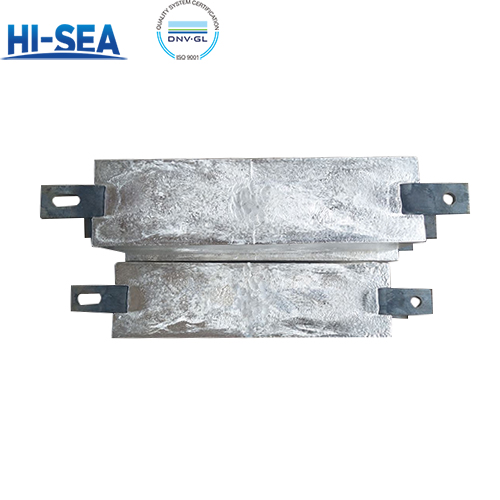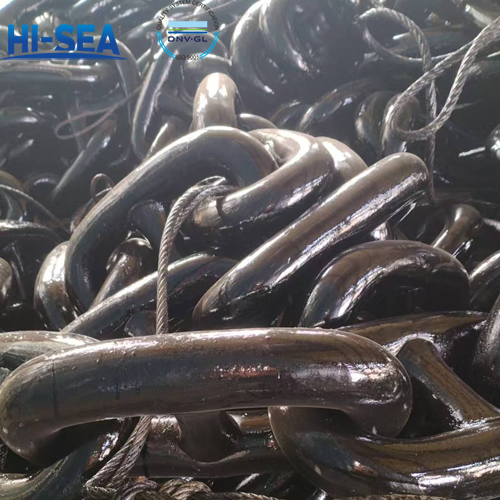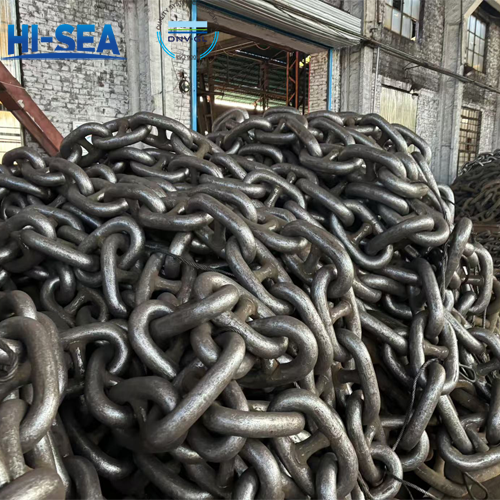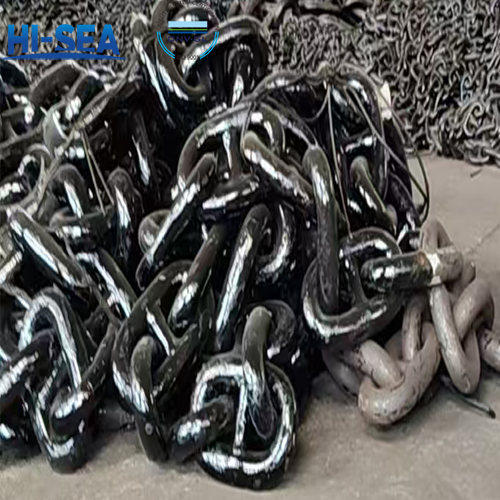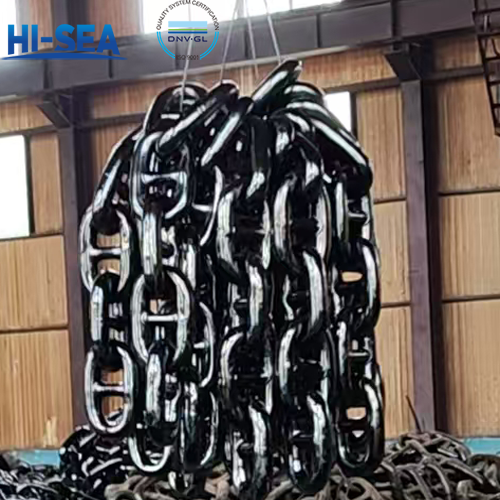
Aluminum Alloy Sacrificial Anode For Hull
Aluminum alloy sacrificial anodes are an efficient and cost-effective solution for protecting the hulls of marine vessels and offshore structures from corrosion. Their high efficiency, long life, and environmental benefits make them a preferred choice in the marine industry.
Overview
Corrosion of ship hulls in seawater is a persistent and costly issue. Regularly replacing traditional zinc anodes not only increases maintenance costs but may also lead to unprotected intervals. High-performance aluminum-zinc-indium (Al-Zn-In) alloy sacrificial anodes offer a more reliable and economical solution. By actively "sacrificing" themselves, they provide continuous protection for your steel or aluminum hulls for several years.
Function and Purpose
Corrosion Protection: Sacrificial anodes are used to protect the metallic hulls of ships and offshore structures from corrosion. This is especially important in saltwater environments where the risk of corrosion is high.
Cathodic Protection: Aluminum anodes provide cathodic protection by corroding (sacrificing themselves) instead of the hull. This is due to the aluminum anode having a more negative electrochemical potential than the steel of the hull.
Composition
Aluminum Alloys: The anodes are typically made from high-purity aluminum mixed with small amounts of other elements such as zinc and indium. Common aluminum alloy used for sacrificial anodes is:
Al-Zn-In: Contains aluminum (90-95%), zinc (2-6%), and indium (0.015-0.050%).
Purpose of Additives: Zinc helps in enhancing the electrochemical properties, while indium prevents the formation of an insulating film on the anode surface.
Why Choose Aluminum Anodes for Your Hull?
Longer Service Life:
The electrochemical capacity of aluminum anodes (approximately 2600 Ah/kg) is significantly higher than that of zinc anodes (approximately 780 Ah/kg). With the same weight, aluminum anodes last over three times longer than zinc anodes, meaning fewer dry-docking replacements.
Higher Cost-Effectiveness:
Although the unit price may be similar, the longer replacement cycle significantly reduces the total material and labor costs over the entire lifecycle.
Lighter Weight:
To achieve the same level of protection, the total weight of aluminum anodes required is lower, resulting in less impact on vessel load capacity and sailing speed.
Better Environmental Performance:
Releases fewer metal ions into the environment per year of protection.
How to Select the Right Anode for Your Vessel?
Key Parameters:
List the electrochemical capacity, working potential, and consumption rate of typical Al-Zn-In marine anodes in table form.
Selection Factors:
Explain that the total amount of anodes required depends on the hull's wetted area, coating type (coated/uncoated), design protection period, and sailing waters.
Installation Locations:
Clearly specify that anodes should be installed in key areas such as the stern, rudder, propeller shaft brackets, and hull fairings.
Pictures of Aluminum Alloy Sacrificial Anode For Hull
